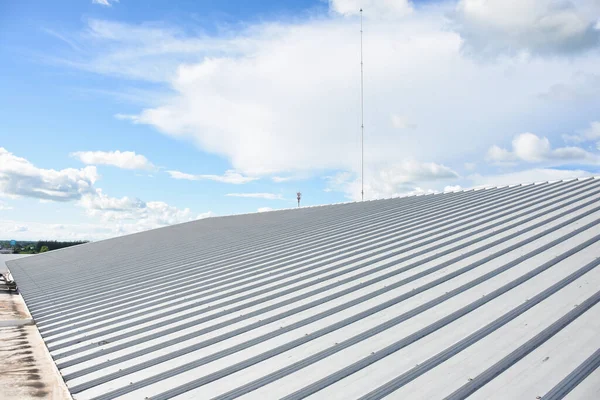Choosing the right materials for your commercial roof replacement is essential to ensure your building and its contents are protected. Different roof types require different levels of durability, and certain roofing material options are more energy-efficient.
The type of business that occupies the property may also impact the materials needed. For example, a retail store will need a durable coating that helps regulate temperature and reduce cooling costs, while a warehouse requires a roof to handle oil and chemical fumes.
Explore the advantages of timely commercial roof replacement with Certified Roofing Services. Ensure durability, safety and expertise for lasting protection.
Thermoplastic Polyolefin (TPO)
A single-ply membrane that hit the roof market in the 1990s, TPO has become a popular choice for commercial flat roofs. Its durability, affordability, and energy efficiency make it a great roofing material for commercial properties.
TPO is resistant to mold spores, mildew, and dirt build-up. It is also water-resistant and can withstand natural thermal expansion and contraction.
TPO is flame-retardant and class A fire-rated. It is also highly reflective and can help lower commercial cooling bills due to its ability to reflect the sun’s rays instead of absorbing them. Generally, TPO is installed on flat roofs with a pitch of one to 10 degrees. The roofer will attach the membrane to the cover board using adhesive or mechanically fasten it, and then use a hot-air gun tool to weld any seams.
Modified Bitumen
Modified bitumen, also known as MB, is one of the most popular commercial roofing options. With multiple plies and a greater thickness, this material is ideal for flat roofs and can stand up to heavy foot traffic without suffering from deterioration.
These types of roofs come with a top layer that can be made to reflect sunlight, helping you reduce your energy costs during the summer. Additionally, these types of roofs are fire resistant and highly water resistant.
When it comes to installation, modified bitumen is easy for contractors to work with. This material typically comes in rolled sheets up to 36 feet long and can be quickly repaired with bitumen patches. Its low maintenance needs make it a great choice for businesses that don’t want to worry about constant repairs and inspections.
Ethylene-Propylene Diene Monomer (EPDM)
EPDM roofing is a great choice for commercial flat roofs and low-sloped residential roofs. Its durability and cost effectiveness make it a popular option for both new construction and roof replacements.
EPDM is a synthetic rubber that’s extremely durable and resistant to heat, ozone, steam, weather, and UV rays. Its resistance to temperature fluctuations also makes it a great choice for insulating and waterproofing.
While no roofing system is 100% resistant to everything, a ballasted EPDM, fully-adhered roof comes close. If your building is in an area that’s prone to falling debris, opt for a thicker membrane like 75 mil.
Besides being used for roofing, EPDM is also commonly found in weather seals, garden hoses and belts, and electrical insulators. It’s even recyclable, which helps reduce waste and improve sustainability.
Metal
Metal is one of the most durable and versatile commercial roofing materials. It offers an energy-efficient, reflective surface and long lifespan that reduces building maintenance costs. It is also resistant to fire, impact damage and heavy snow and rain.
It comes in a variety of colors, textures and designs. However, it is important to note that it becomes slick when wet, which could pose a safety risk for occupants.
A commercial roof is a large investment that impacts your property’s value. To make an informed decision, it is important to understand the benefits and cost differences of each roofing material. Some signs of commercial roofing problems include puddles on the roof, which can indicate water leaks and mold inside your building. Other signs include rips in the membrane or missing or loose flashing.
Shingles
Shingles are the most common roofing material in the world and offer a wide range of options for commercial buildings. They are easy to install, cost-efficient and provide reliable weatherproofing and insulation. They are also durable, fire resistant, and aesthetically appealing.
Some shingle roofs are made from wood, including cedar shakes and slate. Cedar and slate are beautiful, but they require extensive maintenance to keep them looking good. They are also much more expensive than asphalt shingles, with prices often three times higher.
Designer shingles and architectural shingles offer the appearance of natural slate or shake roofs with the durability and affordability of asphalt. These shingles can be installed on steep-sloped roofs, and are available in a variety of colors and architectural styles. They also provide great wind resistance and carry longer manufacturer warranties than traditional three tab shingles.
